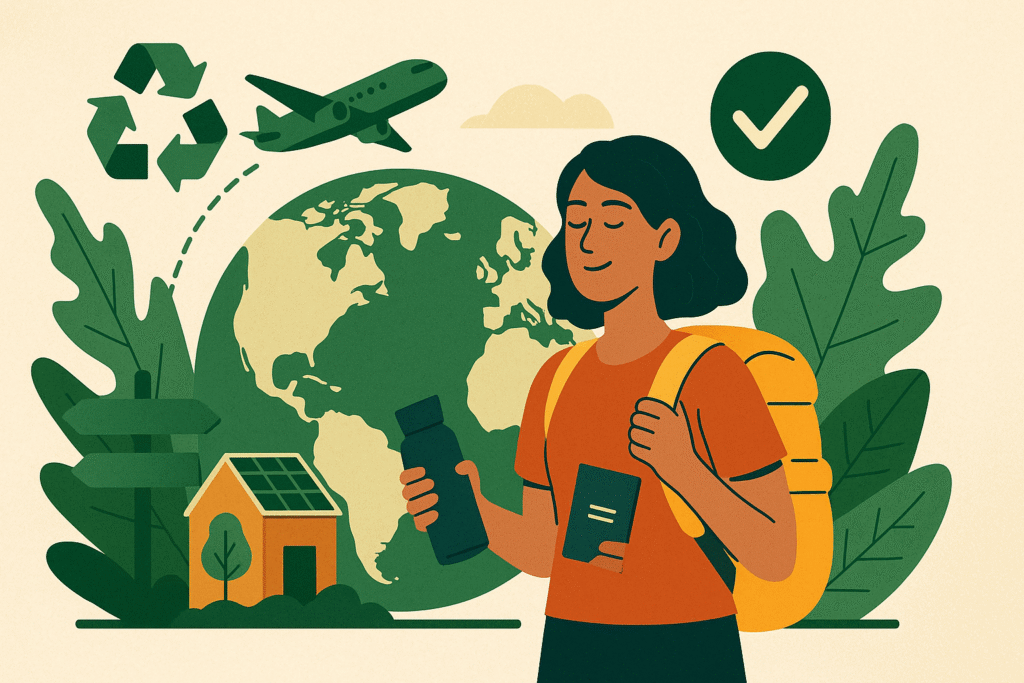The Truth About Eco-Tourism and How to Travel Responsibly
Eco-tourism is often promoted as the perfect way to travel sustainably, offering adventure and environmental awareness at the same time. Yet not all experiences labeled “eco” are truly beneficial to the planet or local communities. Responsible travel requires more than choosing an eco-friendly tour; it means understanding your impact and making conscious choices that support both nature and people.
What Eco-Tourism Really Means
At its core, eco-tourism is about visiting natural areas while protecting the environment and improving local well-being. True eco-tourism supports conservation efforts, respects local cultures, and ensures that tourism benefits communities rather than exploiting them.
Unfortunately, some companies use the term “eco” mainly for marketing. They may operate in sensitive environments without proper waste management, rely on imported goods, or pay workers poorly. Being aware of this helps you make better travel choices.
The Problem with “Greenwashing”
Greenwashing happens when businesses claim to be sustainable without real action behind the label. A resort might promote its beach clean-ups while still wasting large amounts of water or energy. A tour may highlight “wildlife experiences” that disturb animals rather than protect them.
Before booking, research companies carefully. Look for transparency about their environmental practices and local partnerships. Certifications such as Green Globe, EarthCheck, or B Corp can indicate genuine efforts, though no certification is perfect.
How to Travel Responsibly
- Support Local Economies
Choose locally owned accommodations, guides, and restaurants. This ensures money stays within the community instead of flowing to large international chains. - Respect Nature and Wildlife
Keep a safe distance from animals and never feed or touch them. Avoid tours that use animals for entertainment. Stay on marked trails to prevent damage to ecosystems. - Travel Lightly
Reduce waste by carrying reusable water bottles, bags, and utensils. Minimize plastic use and dispose of waste properly. - Conserve Resources
Use water and electricity responsibly. Reuse towels, turn off lights, and choose accommodations that rely on renewable energy when possible. - Learn and Engage
Take time to learn about local history, customs, and environmental challenges. Small gestures of respect, like learning a few words in the local language, show appreciation and build trust.
Choosing True Eco-Tourism Experiences
Look for tours or lodges that actively contribute to conservation. Some reinvest profits into protecting local habitats or supporting education programs. Others partner with community projects that preserve traditional skills or provide training for sustainable jobs.
A responsible operator will limit group sizes, reduce noise pollution, and educate visitors on minimizing impact. They aim to leave destinations better, not busier.
Final Thoughts
Eco-tourism works best when travelers think beyond the label. True sustainability comes from curiosity, respect, and responsibility. By supporting ethical operators, reducing waste, and learning from the communities you visit, you help protect both nature and culture. Responsible travel is not about perfection; it is about awareness and the willingness to make better choices every time you explore the world.
